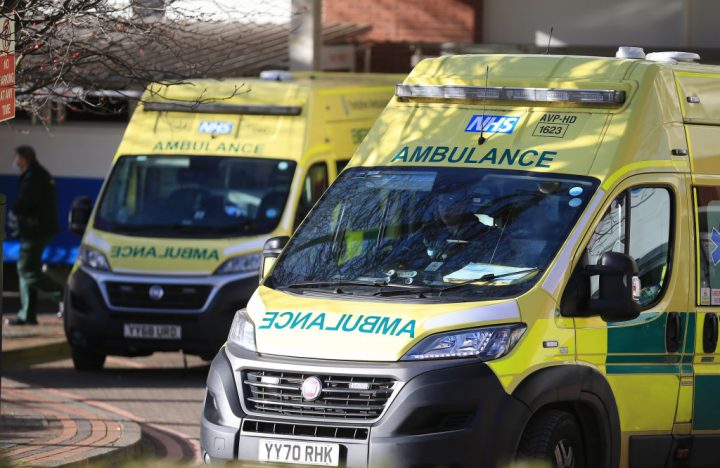The biggest round of NHS strikes is taking place this week, and there isn’t much hope of a resolution. This is despite, as Kate Andrews explores, a widespread acceptance that the strikes are detrimental to patient safety. There is also widespread public sympathy for striking healthcare workers, which surely suggests that a deal should come sooner rather than later to stop the government losing out even more politically.
So what’s going on? That’s a question some Tory MPs are also asking, wondering why there isn’t any prospect of a deal given the Royal College of Nursing in particular seems to be keen to stop striking. ‘There’s an appetite for a deal,’ complains one backbencher. ‘Not sure why that hasn’t happened yet but assume it’s the Treasury.’ It’s interesting that the Treasury is being blamed, given former health secretary Jeremy Hunt is the Chancellor and has amused some non-health cabinet colleagues with his continuing interest (or ‘meddling’ as one minister puts it) in the health brief.
There is a hope in Whitehall that some form of pay rise can be agreed which will muddy the water around the strikes
Health Secretary Steve Barclay has tried to make the case to the Treasury for an exceptional case for nurses, which led to some reports of a rift between him and Hunt. Sources close to the Health Secretary have been keen to play that down, saying they have a constructive relationship with the Treasury and have been asking nurses to discuss efficiencies as well as the potential for a pay rise. That’s not telling nurses to ‘work harder’, but different ways of working, apparently.
There is, though, another Hunt-related factor in this. Hunt was the Health Secretary who had an almighty fight with junior doctors over their pay, and who linked this fight to patient safety. He had argued at the time that the changes to the junior doctor contract were necessary for keeping patients safe, and then repeatedly raised the prospect of industrial action endangering patients. I understand that he is particularly concerned about the patient safety aspect of these nursing and ambulance strikes too.
The Treasury has asked all departments to pause their pay review submissions for next year. As I explained last week, there is a hope in Whitehall that once the discussions switch from a pay deal for this year to next year, then some form of pay rise can be agreed which will muddy the water around the strikes. The public will see a pay rise and wonder why there are still picket lines.
The problem is that the damage will already have been done in terms of greater voter awareness of the crisis in the health service. Even if everyone does accept that the strikes make patient safety even harder to guarantee, they’re not the main factor causing the current pressures on the NHS. They won’t disappear even once the trade union placards have been packed away.







Comments